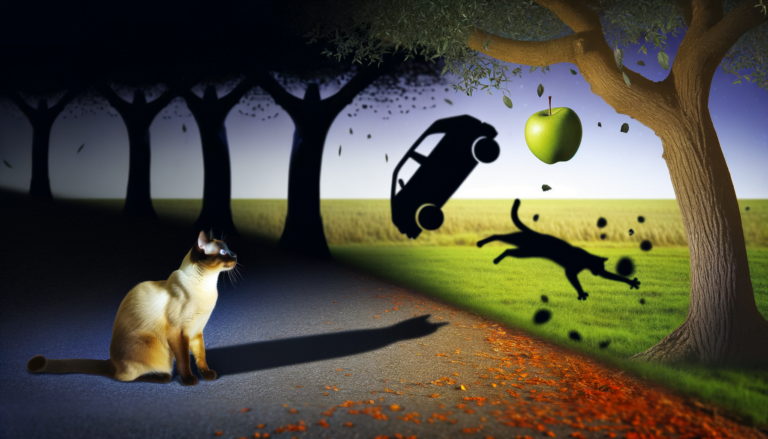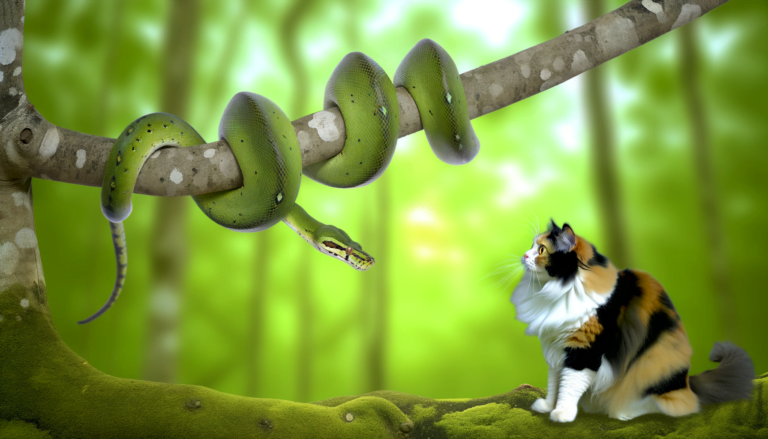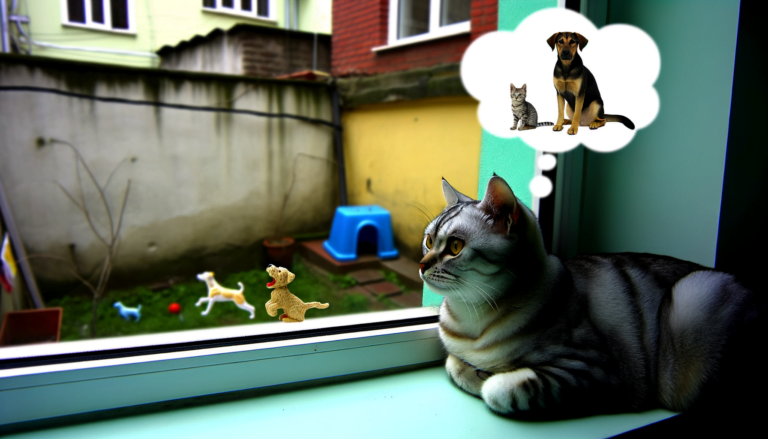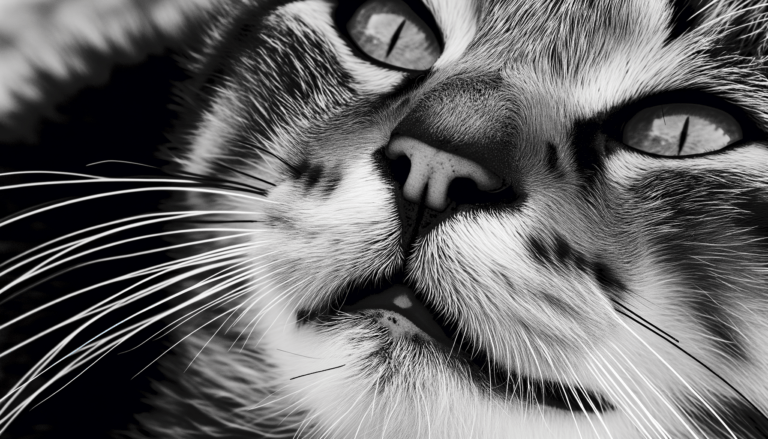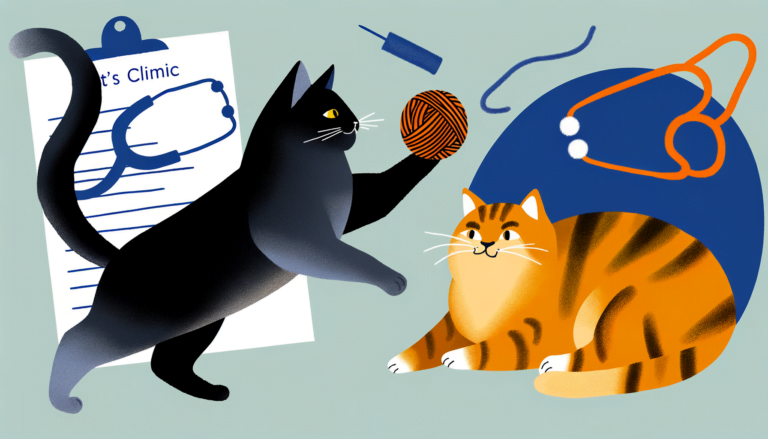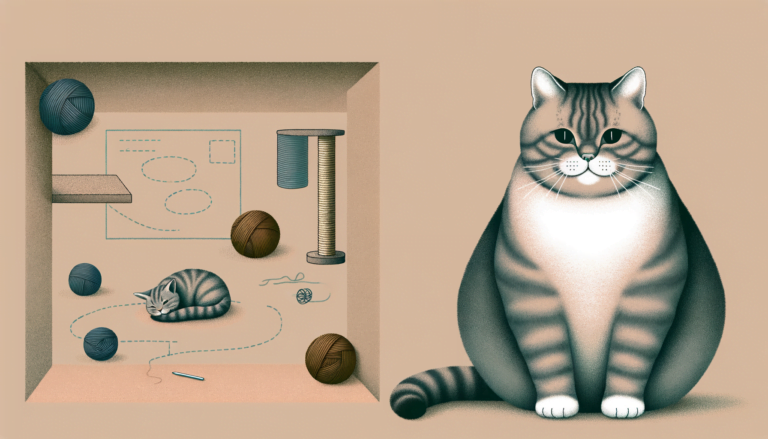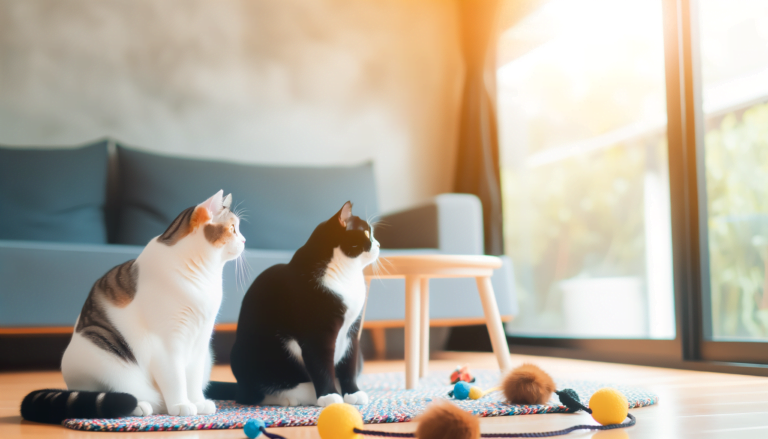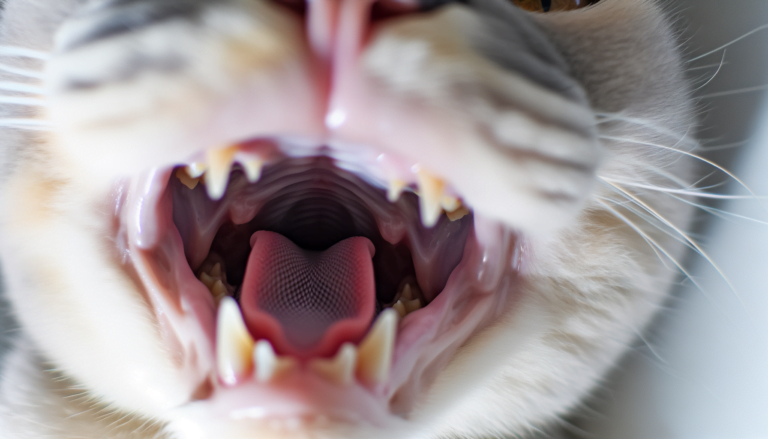Unveiling the Mystic: Do Cats Possess Souls?
The question of whether cats have souls is more of a philosophical or spiritual enquiry rather than a factual one, as the concept of a soul isn’t objectively verifiable. It’s worth noting that different cultures, religions, and philosophical systems have varied interpretations of what constitutes a soul and whether or not animals like cats possess them. Some believe in the existence of animal souls, attributing emotional depth and spiritual significance to our feline companions. Others adhere to a more materialistic worldview where souls are exclusive to humans, or don’t exist at all. Thus, the notion of a cat having a soul generally depends on individual beliefs and cultural background.

